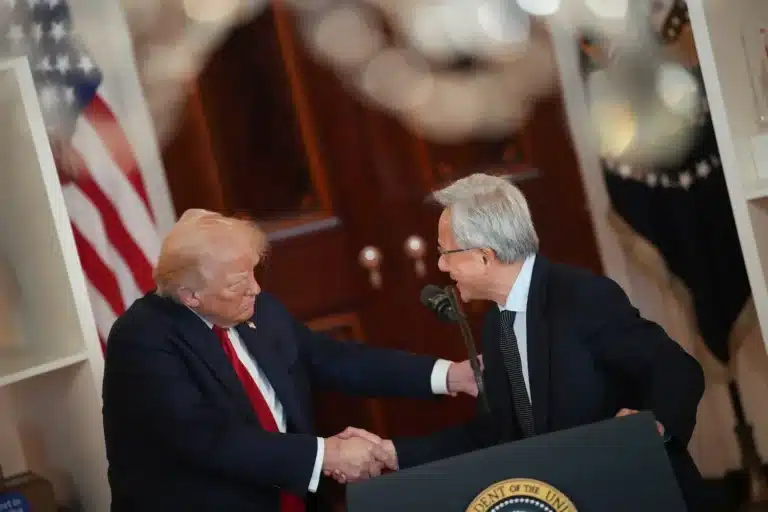Could a strategic lithium reserve kickstart US supply chain development?
NEW YORK -- A strategic lithium reserve is being mooted as a solution to stabilize volatile prices that have hindered American mining projects, allowi
Current Access Level “I” – ID Only: CUID holders, alumni, and approved guests only
One of the consequences of the COVID-19 pandemic has been an intentional effort to bring much of the economy to a standstill to slow the spread of the virus. A consequence of that has been an unprecedented drop in global oil demand. Oil prices have fallen about two thirds since the beginning of the year, before rebounding and then falling again on speculation that OPEC and some non OPEC nations might cut production when they meet later this week.
This drop in demand and price impacts the United States, the largest oil producer in the world now, in ways that weren’t true a decade ago – leading President Trump to call on Russia and Saudi Arabia to raise oil prices.
In this edition of the Columbia Energy Exchange, host Jason Bordoff is joined by Arjun Murti, Bobby Tudor, and Marianne Kah to discuss the impact of the oil price collapse on the U.S. energy sector, shale oil production in the long run, and what this might mean for the clean energy transition.
Arjun Murti is Senior Advisor at Warburg Pincus and serves on the board of ConocoPhillips. He previously served as Co-Director of Equity Research for the Americas at Goldman Sachs, and he is a member of the Center on Global Energy Policy’s Advisory Board. Bobby Tudor serves as Co-Head of the advisory business of Perella Weinberg Partners and is Chairman and founder of Tudor, Pickering, Holt & Co. Prior to founding Tudor Capital, he was a partner with Goldman Sachs. Marianne Kah is an Adjunct Senior Research Scholar and Advisory Board member at the Center on Global Energy Policy. She was the Chief Economist of ConocoPhillips for 25 years.
Over the past week, President Trump has intensified pressure on Venezuelan president Nicolás Maduro by targeting the regime’s economic lifeline—oil. The United States has seized two oil tankers...

If it seems like you're hearing a lot more about geothermal energy lately, that's because this clean, firm energy source is at a technological turning point. With roots...

Investment in clean energy technologies is on course to hit a record $2.2 trillion this year, according to the International Energy Agency. That’s more than twice the amount...
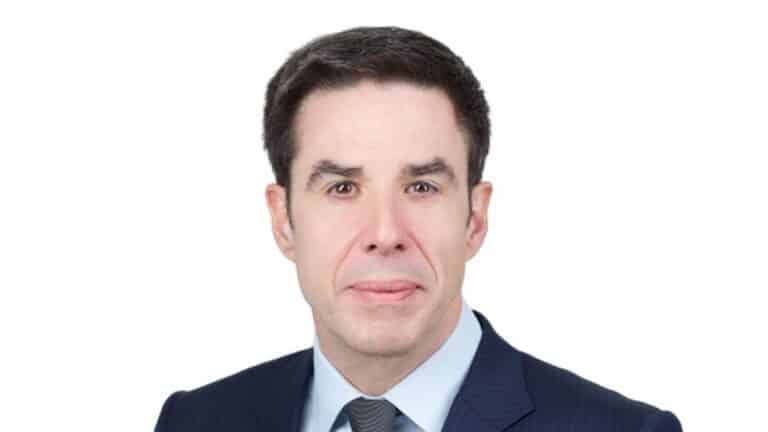
The national conversation around climate change is shifting. There’s more focus on energy affordability and demand, as well as on the dual role artificial intelligence plays as both...

This Energy Explained post represents the research and views of the author(s). It does not necessarily represent the views of the Center on Global Energy Policy. The piece...
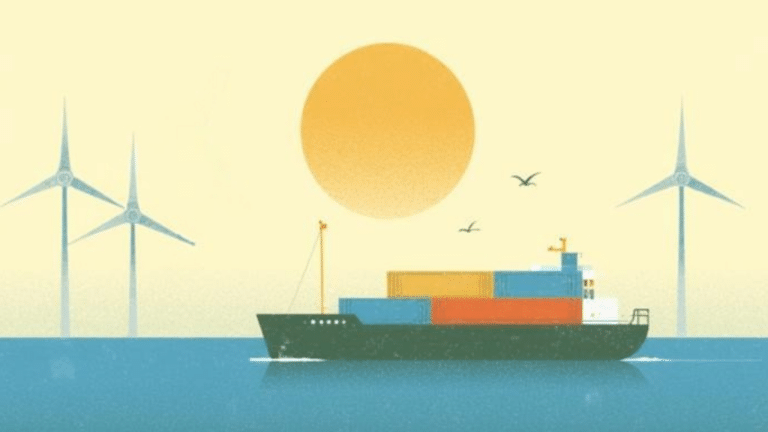
Geopolitical uncertainty associated with Russian gas exports could swing the range of those exports by an estimated 150 bcm per year.
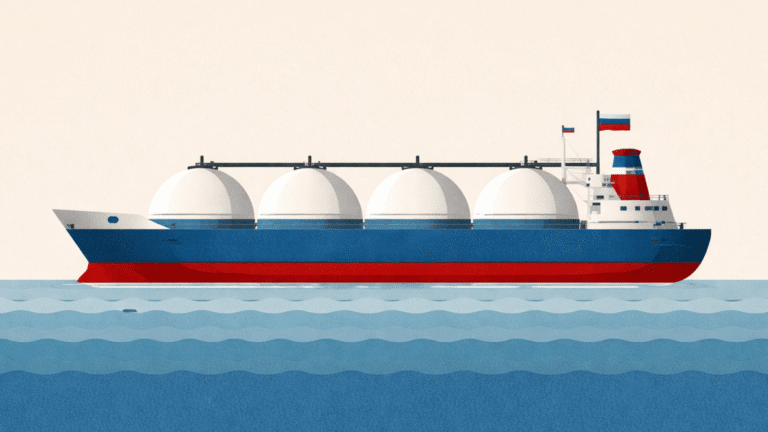
From the east to west and north to south, in red states and blue states, attention to data centers is skyrocketing in state capitals across the United States.
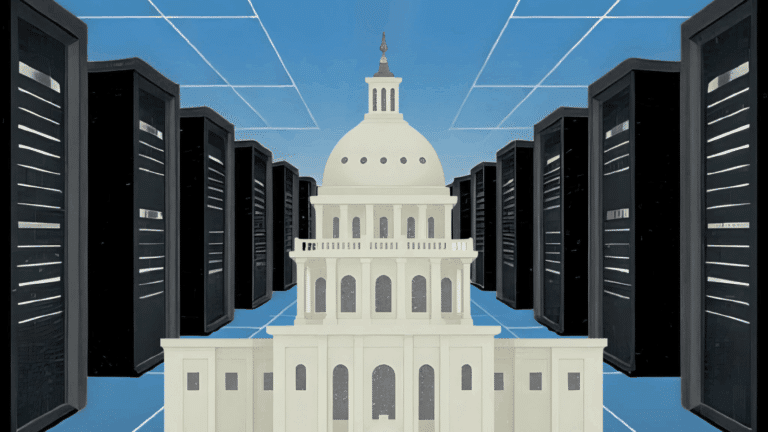
Trump’s latest proposal would cede the United States’ AI advantage.
